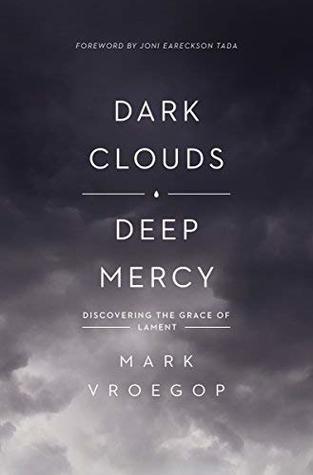More on this book
Community
Kindle Notes & Highlights
by
Mark Vroegop
Read between
September 1 - October 19, 2025
His aim was to make the church a place for “safe yet constructive expression of our righteous rage.”1 One card said, “We want justice and peace!”2 Pastor Owens served the city of Tulsa not only as a comforter but also as a leader in lament.
You might wonder how this is comforting or helpful. Life often feels like it is out of control. God may feel distant. Evil appears to be winning the day. I’m sure you’ve felt that way many times. I certainly have. Or maybe you are walking with someone whose storyline appears to be cruel. Lamentations shows us that God’s sovereignty and his reign are not negated by suffering. God is still in control, even through loss.
Lament affirms God’s sovereignty when dark clouds linger.
“This Jesus, delivered up according to the definite plan and foreknowledge of God, you crucified and killed by the hands of lawless men. God raised him up, loosing the pangs of death, because it was not possible for him to be held by it” (Acts 2:23–24). God ordained (reigned over) Jesus’s crucifixion.
Every sorrow, every tear, and every loss gives evidence of the brokenness caused by sin. Something is terribly wrong with our culture and inside of us. Christians know that sin creates the pain behind lament. However, under the dark clouds of brokenness, God offers mercy. The Son of God was sent on a mission: become a man, be perfectly obedient, and die on a cross to provide restoration. As Jesus hung between heaven and earth, he absorbed the wrath of God for those who would trust him. It was the darkest day in human history, and yet it changed everything. After three days, the empty tomb
...more
Even if a verse or a psalm is not my own prayer, it is nevertheless the prayer of another member of the community. Dietrich Bonhoeffer


